{{ชื่อ}} ประเภทบุคลิกภาพ MBTI
บุคลิกภาพ
"Félix Guattari ประเภทบุคลิกภาพประเภทใด Félix Guattari เป็นประเภทบุคลิกภาพ ENFP ใน mbti, 7w6 - sx/so - 741 ใน Enneagram, SLUAI ใน Big 5, ใน Socionics"
As for Guattari, he disclosed his own weaknesses to his new friend, revealing aspects of the inhibition which led to his "extremist misfiring." The basis for this writing disorder, he admitted, was a lack of consistent work and theoretical readings, and a fear of diving back into what he had left fallow for too long. To these failings he added a complicated personal history with an upcoming divorce, three children, the clinic, conflicts of all kinds, militant groups, the FGERl ... As for the theoretical elaboration itself, Guattari considered "concepts mere utensils, gadgets." For example, he used the concept of "vacuolar group" as a way of bringing out something less oppressive within militant organizations, also more conducive to rethinking singular phenomena. Guattari invented his concept of "transversality" in order to unsettle so-called "democratic centralism" in favor of "effectiveness and a breathing. Guattari had admittedly been apprehensive of meeting with Deleuze face-to-face. He was more at ease working with groups, and would rather have involved his friends from the CERFF and integrated them in their collabora tion. Putting their first book together, especially, mostly involved an exchange of letters. This writing protocol upset Guattari's everyday life, and he had to immerse himself in a kind of solitary work he wasn't used to. Deleuze expected him to go to his work table as soon as he woke up, jot his ideas down on a piece of paper (he had three ideas a minute) and, without even rereading it, send him the products of his reflections in their rough state. Deleuze thus subjected Guattari to a kind of asceticism which he believed necessary for him to overcome his writing problems. Guattari fully went along and locked himself up into his office, working like a horse to the point of getting writers' cramp. Instead of spending his time directing his groups, he found himself confined to his lonely study every day until 4 p.m. He only went to La Borde in the late afternoon, always in a rush because he always had to be back to his house in Dhuizon around 6 p.m. The director of the clinic, Jean Oury, experienced this change as an intolerable desertion. Usually omnipresent in the daily life of La Borde, Guattari had to remove himself from all the activities at the clinic and devote himself to his work with Deleuze. [Deleuze] presents Guattari as a group "star" and offers a beautiful metaphor to express the nature of their bond, that of the sea sinking on a hill side: "Felix could be compared to a sea outwardly in constant movement, with continuous flashes of light. He jumps from one activity to another, he sleeps little, he travels, and he never stops. He never pauses. He moves at extraordinary speeds. As to me, I would be rather like a hill: I move very little, am unable to carry out two proj ects at once, my ideas are ideesfixes and the few move ments which I do have are internal . . . Together, Felix and I would have made a good Sumo wrestler. " From the intro to chaosophy Extroverted, Te user, high Ne, probably not dominant nor aux Te or he would find it more natural to complete projects, ENFP seems like a good bet.
ชีวประวัติ
Pierre-Félix Guattari was a French psychotherapist, philosopher, semiologist, activist and screenwriter. He founded both schizoanalysis and ecosophy, and is best known for his intellectual collaborations with Gilles Deleuze, most notably Anti-Oedipus (1972) and A Thousand Plateaus (1980), the two volumes of Capitalism and Schizophrenia. His book Chaosophy is a groundbreaking introduction to Guattari's theories on "micropolitics" and "schizo-analysis", the latter a process meant to replace Sigmund Freud's interpretation with a more pragmatic, experimental, and collective approach rooted in reality. Guattari's post-Marxist vision of capitalism provides a new definition not only of mental illness, but also of micropolitical means of subversion and his energetic analyses of art, cinema, youth culture, economics, and power formations introduce a radically inventive thought process engaged in liberating subjectivity from the standardizing and homogenizing processes of global capitalism
บุคลิกภาพ correlate
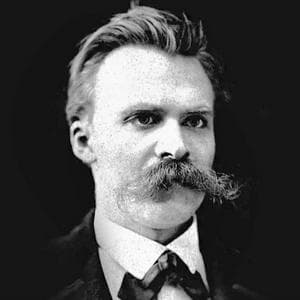
Friedrich Nietzsche
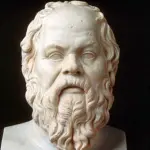
Socrates

Arthur Schopenhauer
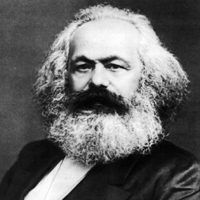
Karl Marx

Albert Camus

Immanuel Kant
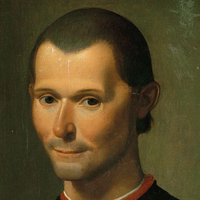
Niccolò Machiavelli
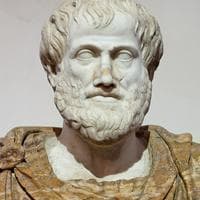
Aristotle



